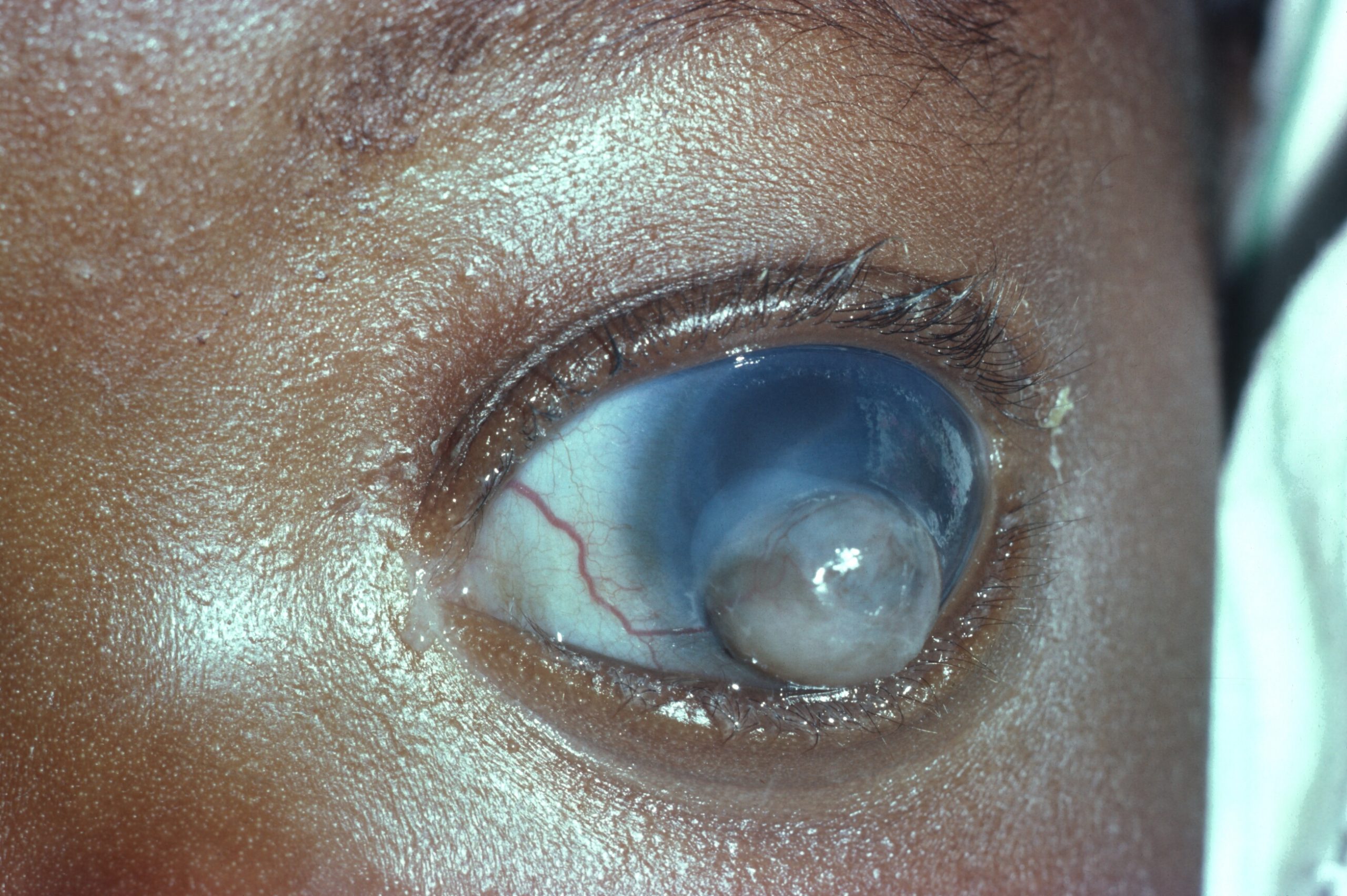
Corneal Transplantation in the Developing World
The case against most corneal transplants in low-income countries. The problem with corneal transplants in the developing world is that sometimes they are not needed,

The case against most corneal transplants in low-income countries. The problem with corneal transplants in the developing world is that sometimes they are not needed,

Below are teachable suggestions if you are doing outreach with local eye workers Always take reading glasses as many eye patients in rural outreach clinics
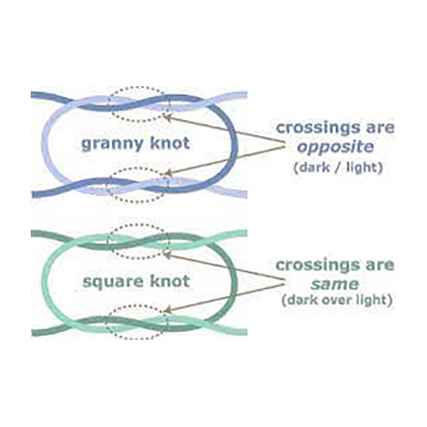
As we have all heard there are many myths in ophthalmology. Some of these myths are” things” our patients believe and therefore reiterate. Then there
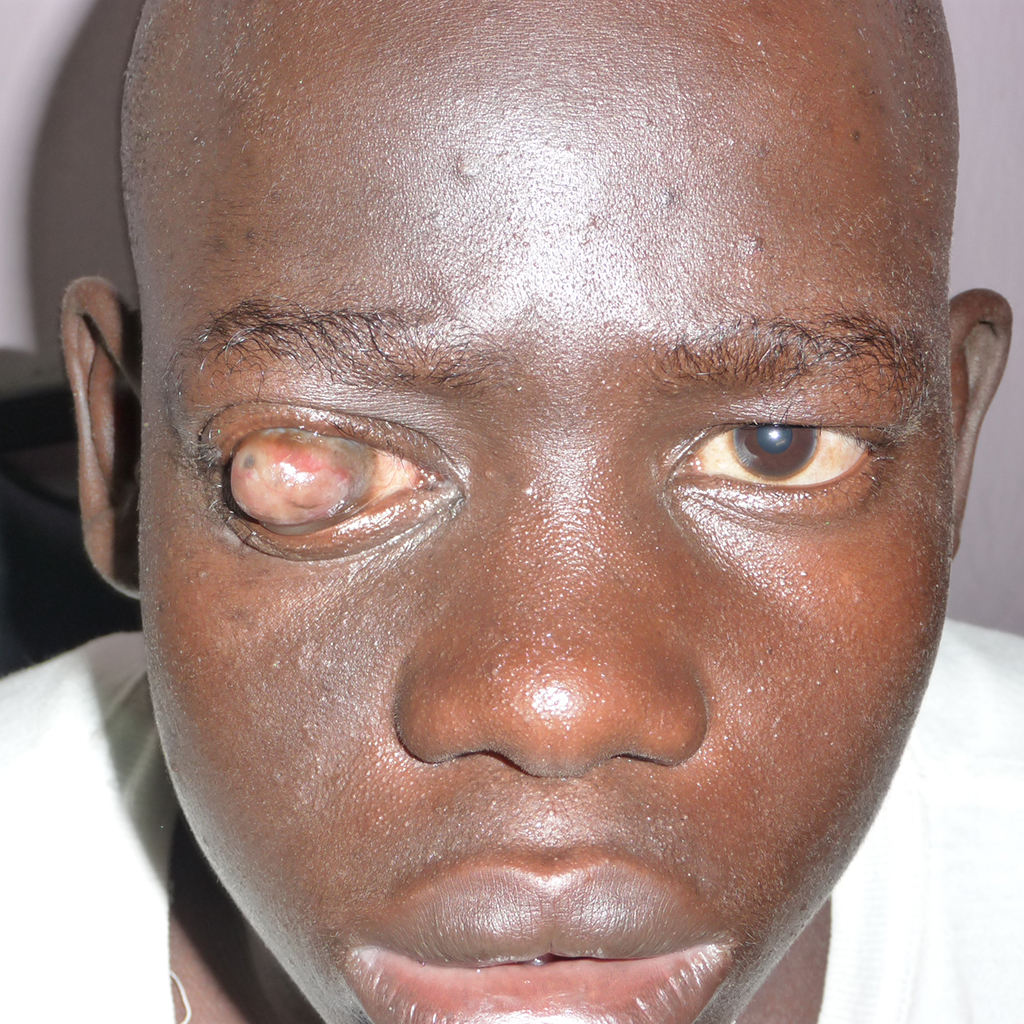
Jan 2021 CHAPTER 2 Global magnitude: eye conditions and vision impairment lists the common eye conditions that can cause vision impairment. Blindness secondary to cornea

I want to talk about the recent WHO report on what we have accomplished, what are the current eye concerns / predictions, and the way
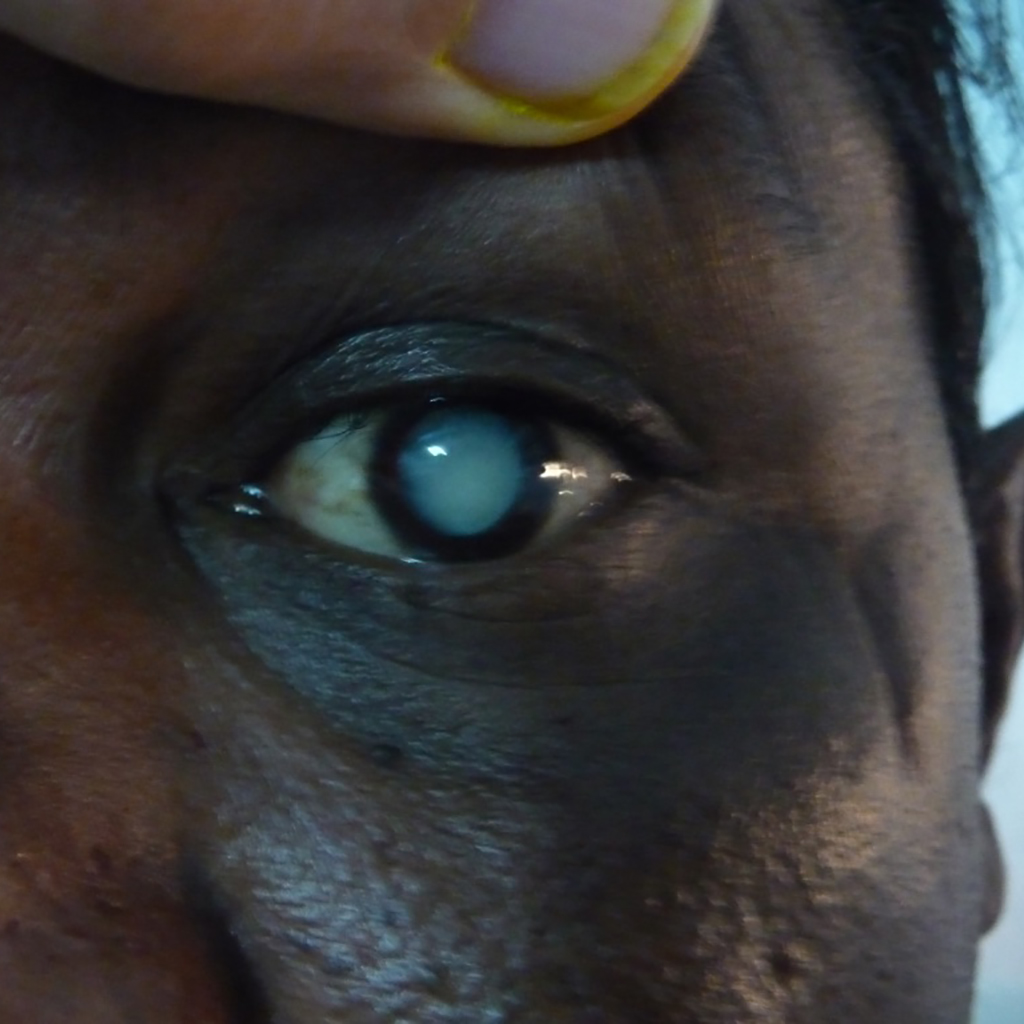
I would like to present a patient I saw recently for a second opinion concerning if he was a candidate for a right cataract extraction.

Lots happening in global ( international / tropical ) ophthalmology at this time. More interest in efforts to reduce / prevent blindness in the developing

I have spent many years in many developing countries living and working as an ophthalmologist / ophthalmic surgeon. I have seen, as we all have,
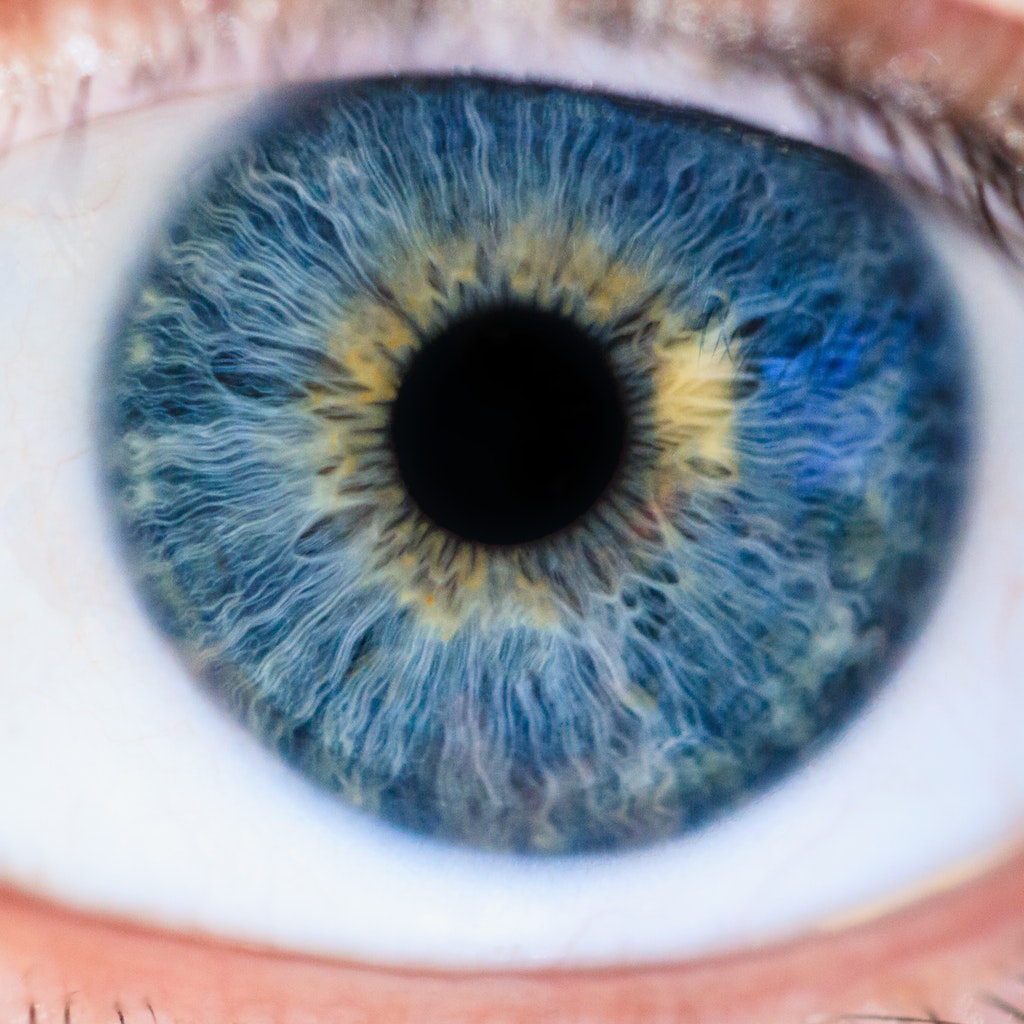
Over the last 15 years plus of operating on mature cataracts, I have not uncommonly encountered an iris prolapse during the operation. Usually, this is
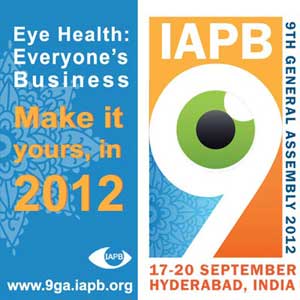
IAPB, 9th General Assembly Eye Health: Everyone’s Business September 17-20, 2012 Hyderabad, India The IAPB is an umbrella coordinating organization of over 120 members which

IAPB, 9th General Assembly Eye Health: Everyone’s Business September 17-20, 2012 Hyderabad, India – Part 2 – Barriers to cataract surgery: Unaffordable cost ( surgery

Indian Journal of Ophthalmology Vol. 60, No.5 / Sept 2012 Click here for Free Full Text In conjunction with the 9th General Assembly 2012 of
The term “WE” in the following statements refer to Global Sight Alliance (GSA), American Society of Cataract and Refractive Surgery Foundation (ASCRS foundation) and Vision Outreach International Inc. (VOI)
Global Sight Alliance (GSA), American Society of Cataract and Refractive Surgery Foundation (ASCRS foundation) and Vision Outreach International Inc. (VOI) provides this listing service (www.eyehave.org / https://globalsightalliance.net/eye-have) website as a service to eye care professionals. “WE” are not responsible for, and expressly disclaim all liability for, damages of any kind arising out of use, reference to, or reliance on any information contained within this website.
While the information contained within this website is periodically updated, no guarantee is given that the information provided in this website is correct, accurate, complete, and up-to-date.
Although the service (www.eyehave.org / https://globalsightalliance.net/eye-have) website may include links providing direct access to other Internet resources, including websites, “WE” are not responsible for the accuracy or content of information contained in these sites.
Links from (www.eyehave.org / https://globalsightalliance.net/eye-have) to third-party sites or email addresses, do not constitute an endorsement by Global Sight Alliance (GSA), American Society of Cataract and Refractive Surgery Foundation (ASCRS foundation) and Vision Outreach International Inc. (VOI) of the parties or their products and services. The appearance on this website of advertisements and product or service information does not constitute an endorsement by Global Sight Alliance (GSA), American Society of Cataract and Refractive Surgery Foundation (ASCRS foundation) and Vision Outreach International Inc. (VOI) and “WE” have not investigated the claims made by any advertiser. Product information is based solely on material received from those listing their items.
